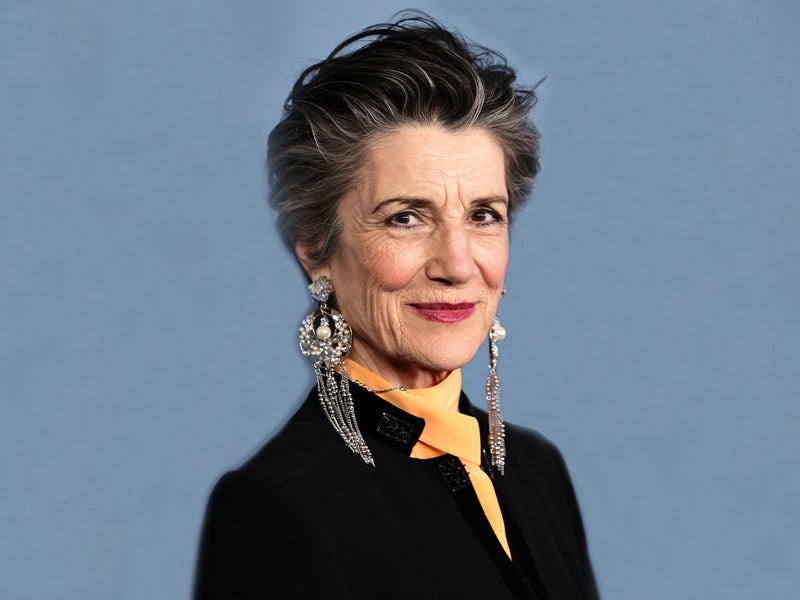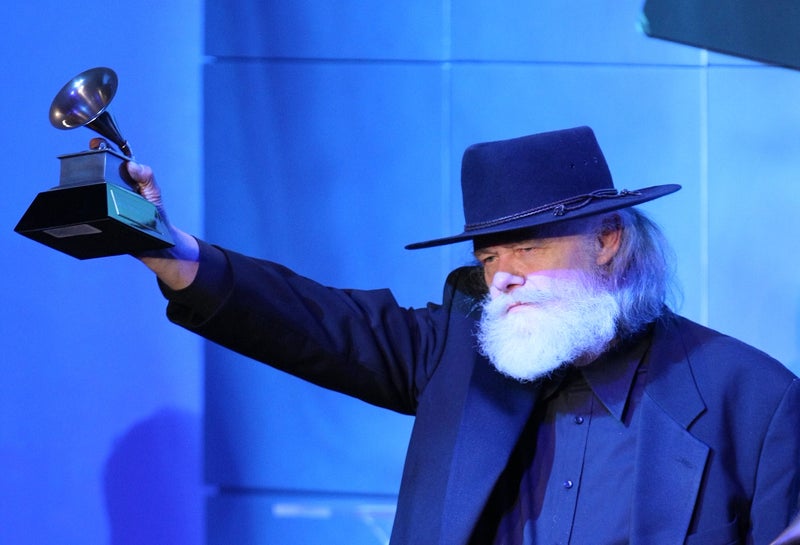Anton Chekhov’s suffering Russian gentlefolk sit so well in the wooden, candlelit Sam Wanamaker Playhouse it’s a wonder he’s not been staged here before. And this particular tale, of three sisters on a rural estate, steadily robbed of all hope, happiness and a future in Moscow, seems particularly well suited to a bitter winter night. The emphasis on comedy in the early scenes of Caroline Steinbeis’s production makes the remorseless slide into tragedy all the more wrenching. She uses the lighting here cleverly, which not all directors do: a background electric glare dims to candelabra glow then the revealing intimacy of handheld flames illuminating single faces. At the end, harsh artificial illumination breaks over the characters’ bleak future.

Rory Mullarkey’s demotic new translation is lively and brisk and it barely registers that the actors all seem to be using their own accents, from RP to Scottish to Geordie. There are a few duff notes in a strong ensemble, but the whole thing is anchored by terrific lead performances from Michelle Terry, Shannon Tarbet and Ruby Thompson as the titular Olga, Masha and Irina. Masha is the showiest role, a spirited beauty withering in a loveless marriage to adoring schoolteacher Kulygin. She falls hard for Vershinin, a rumpled and rueful officer who can transmute his domestic difficulties (not to mention his tendency to philosophise at length) into an improbable but powerful erotic force. Tarbet gives Masha a passionate, fiery abandon that verges at times on hysteria.
![[Cymbeline at Sam Wanamaker Playhouse review: a bold and vivid version of a Shakespeare deep cut]](https://static.standard.co.uk/2025/01/23/12/10/Gabrielle-Brooks-as-Innogen-in-Cymbeline-at-Shakespeares-Globe-(c--Marc-Brenner)-(2).jpeg?crop=8:5,smart&quality=75&auto=webp&width=960)
Her performance is balanced by Thompson, who brings a restrained melancholy to Irina, treated as a child by everyone and fought over by two men she doesn’t love. Irina senses the possibility of fulfilment but has an example of a more likely future in her eldest sister Olga, a drawn, unmarried schoolmistress. It’s Michelle Terry’s Olga I was transfixed by. Terry is the Globe’s artistic director and an actress of great charisma and great selflessness. At significant moments Olga’s pain is brought into keen and riveting focus, but otherwise Terry relegates herself to the background, her back ramrod straight, her face strained, bustling about in aid of the main action.
![[All’s Well That Ends Well at The Globe review: brisk, brutal and delightfully succinct]](https://static.standard.co.uk/2024/11/22/9/31/William-Robinson-as-Paroles-and-Kit-Young-as-Bertram-in-Alls-Well-That-Ends-Well-at-Shakespeares-Glo.jpeg?crop=8:5,smart&quality=75&auto=webp&width=960)
But again, this is an ensemble piece. Stuart Thompson and Natalie Klamar are very funny and then suddenly horrifying as the sisters’ feckless brother Andrei and his vulgar wife Natalya, who erode the family’s fortune and equilibrium. Paul Ready deftly suggests the predatoriness beneath Vershinin’s tarnished decency. Stalwart character actor Peter Wight contributes a lovely turn as the useless doctor who’s stopped believing in anything.
![[The Duchess of Malfi at the Sam Wanamaker review: a bracing revival that finds humour in the bloody chaos]](https://static.standard.co.uk/2024/03/01/8/25/Olivier%20Huband%2C%20Shazia%20Nicholls%20and%20Francesca%20Mills%20in%20The%20Duchess%20of%20Malfi%20at%20Shakespeare%27s%20Globe-rria2jtf.jpeg?crop=8:5,smart&quality=75&auto=webp&width=960)
A couple of performances ring false: indeed, one of them seems to have teleported in from a badly dubbed 1970s movie. The costumes are ravishingly traditional compared to the usual standards of the Globe and the Wanamaker; the music (by Oliver Vibrans) unusually muted. Designer Oli Townsend cleverly evokes multiple locations with minimal interventions. It’s a long evening, and for all Chekhov’s aching subtlety and humanity you wish, towards the end, that he’d just get a bloody move on. But that’s a cheap thought when he has found a near-ideal home and a sympathetic director and cast, 120 years after he died.






















